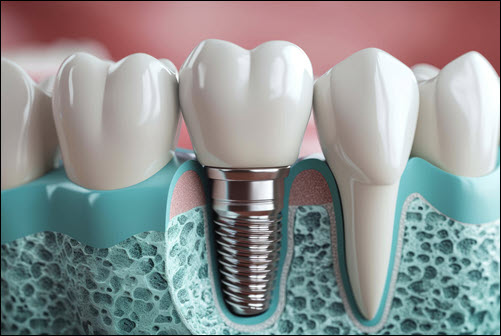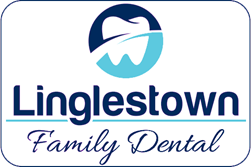Restorative dentistry plays a pivotal role in modern dental care. It focuses on diagnosing and managing diseases of the teeth and their supporting structures. This branch of dentistry goes beyond aesthetics, emphasizing the importance of maintaining optimal oral health and function. Whether you’re dealing with cavities, broken teeth, or gum disease, restorative procedures can help restore your mouth to its natural beauty and efficiency.
Understanding Restorative Dentistry
 Restorative dentistry encompasses a wide range of treatments aimed at repairing or replacing damaged teeth. It brings back the natural look, feel, and function of your teeth, ensuring that you can chew, speak, and smile with confidence. Key procedures in restorative dentistry include fillings, crowns, bridges, dentures, and dental implants.
Restorative dentistry encompasses a wide range of treatments aimed at repairing or replacing damaged teeth. It brings back the natural look, feel, and function of your teeth, ensuring that you can chew, speak, and smile with confidence. Key procedures in restorative dentistry include fillings, crowns, bridges, dentures, and dental implants.
- Fillings: One of the most common restorative treatments, fillings repair cavities caused by tooth decay. Various materials, such as composite resin, gold, or amalgam, can be used to fill the cavities, restoring the tooth’s integrity.
- Crowns: When a tooth is severely damaged or decayed, a crown (a tooth-shaped cap) restores its shape, size, strength, and appearance. Crowns are often made from porcelain, metal, or a combination of materials.
- Bridges: Bridges replace one or more missing teeth by anchoring artificial teeth to adjacent natural teeth or implants. This not only restores the appearance of your smile but also prevents other teeth from shifting out of position.
- Dentures: Dentures are removable appliances that replace missing teeth and surrounding tissues. They can be complete (for those who have lost all their teeth) or partial (for those who have some natural teeth remaining).
- Dental Implants: Implants are a modern and highly effective solution for replacing missing teeth. A dental implant is a titanium post surgically placed into the jawbone, which acts as a root for the replacement tooth. Implants provide a strong foundation and look, feel, and function like natural teeth.
The Benefits of Restorative Dentistry
Restorative dentistry offers numerous benefits, both functional and aesthetic. By addressing dental issues promptly, patients can avoid more severe health problems in the future. Restorative treatments can alleviate pain, improve the ability to chew and speak properly, and enhance overall oral health. Moreover, restoring damaged or missing teeth can significantly boost self-esteem and confidence, leading to better social and professional interactions.
Choosing the Right Dentist
Selecting a skilled and experienced restorative dentist is crucial for achieving the best results. Look for a dentist who specializes in restorative procedures and has a proven track record of successful treatments. Don’t hesitate to ask for before-and-after photos of previous patients, and seek testimonials to gauge patient satisfaction.
Restorative dentistry is essential for maintaining a healthy, functional, and beautiful smile. By addressing dental issues early and effectively, you can enjoy the benefits of a restored mouth and improved quality of life. If you’re experiencing dental problems, consult a restorative dentist to explore the best options for your oral health needs.

